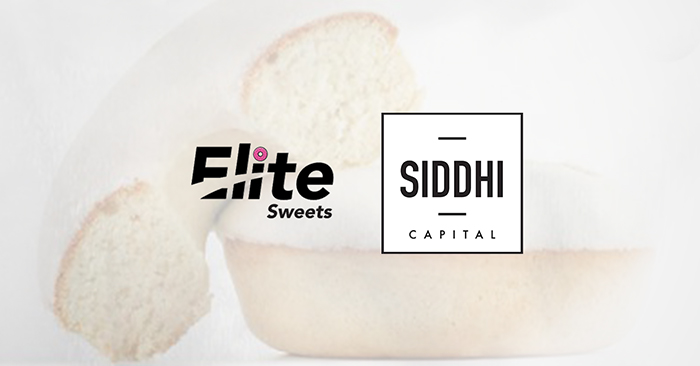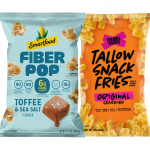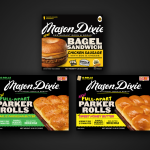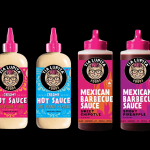Elite Sweets Closes Funding to be ‘Retail Ready’

Low-carb donut producer and NOSH Pitch Slam Nine winner Elite Sweets announced today the closing of a $2 million round of funding. The capital will be used to help the two-year-old company reformulate its line and prepare for its launch into brick and mortar retailers.
The round was led by Siddhi Capital with Constellation Capital, SpudnikATX, Capital Factory and several angel investors also taking part. Elite also announced that Super Coffee CEO Jimmy DeCicco, who introduced the company’s executive team to Siddhi Capital, will join Elite’s board of directors as an observer.
Siddhi Capital co-founder and general partner Melissa Facchina said that though the firm had planned to invest in fewer seed rounds for early-stage companies, the group felt it could easily assist Elite’s through its sister company Siddhi Operations. She added that investing in a product that could be easily understood by shoppers was also appealing.
“We realized that a lot of the challenges that we think they have are ops related and it’s very easy for us to identify the gaps, help plan together and solve them — that gives us a scalable program pretty quickly,” Facchina said. “A product that is non intimidating has greater consumer appeal, but it also generally has greater manufacturing and scale appeal.”
Those challenges include increasing the shelf life and ingredient deck of the brand’s donuts — efforts which co-founder and CEO Amin Bahari said will help the brand be “retail ready.”
Currently, the treats have a shelf life of three months when kept at ambient temperatures. However, the company recommends refrigerating (good for four months) or freezing (good up to a year) the products to last longer. As a result, in the summer, Elite, which is sold on Amazon and through its own website, ships its products with ice packs. Almost 100% of Elite’s sales come from direct-to-consumer, which the company said were over $1 million in its first year.
While Elite has been successful online, Bahari said that achieving an ambient shelf life of nine months is key in order to gain more retail accounts. While he sees a bright future for the brand in the natural channel, where there are some chilled dessert sets, if the company wants to go into alternative channels such as gyms or supplement shops, refrigeration also needs to be off the table. That change will make direct-to-consumer sales easier and improve margins even further.
The reformulation is also aimed at increasing the appeal of Elite’s donuts. Currently each donut has 12 or 13 grams of protein, less than 2 grams of sugar and under 250 calories. Bahari was a former college football player and initially designed the products to serve as a bar replacement for athletes. But sticking with such a low carbohydrate/high protein nutritional makeup may not be necessary, he said, as Elite looks to appeal to more mainstream shoppers. The size of the product also will be made smaller to be more snackable.
“Our early adopters were more in the health and fitness crowd, the gym enthusiasts,” Bahari said. “But really our vision is to be an anytime doughnut for your everyday moms.”
To support the move into retail, the company is planning to bring on more staff and invest in marketing. Elite is currently working with its investor Constellation Capital, founded by Denise Lambertson, the CEO and founder of influencer marketing firm LMS, to develop an influencer and celebrity marketing strategy.
In the near future innovation will largely be contained to new flavors and new form factors, such as donut holes. Bahari said he wants the company to remain focused and not go too deep into new products before it’s ready. But, he added, eventually Elite will look to replicate other treats.
“The vision for us is to be the leader of the better for you sweets category,” Bahari said. “Today and for the next couple years we’re hyper focused on the doughnut, But moving forward we want to lead with innovation and launch other lines of low sugar, protein packed sweets.”
















